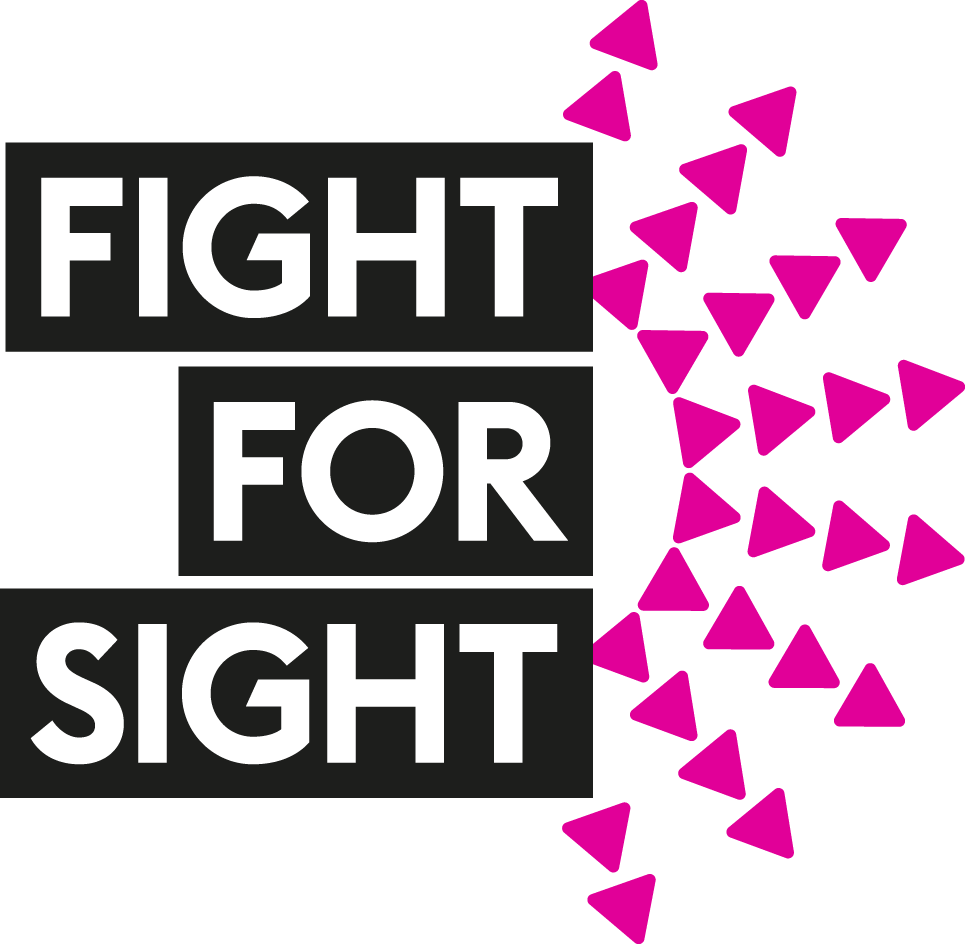All Party Parliamentary Group (APPG) Eye Health and Visual Impairment meeting

Fight for Sight led last week’s All Party Parliamentary Group (APPG) Eye Health and Visual Impairment meeting, focusing on eye research. The proceedings were opened by Lord Low, a Fight for Sight patron, crossbench member of the House of Lords and Co-Chair of the APPG. He set the scene by noting that eye research is not nearly high enough on the medical research or public health agendas.
He introduced Fight for Sight’s CEO, Michele Acton, who illustrated the underfunding of sight saving research. She reported that in 2016/17 the top 15 sight loss charities spent around £432 million in the UK, putting only £10 m of that towards medical research. That’s just under 2.5% of overall spend for these charities. Funding from government for eye research is only about 1% of government research spending, which is significantly less than other long-term condition areas.
Michele then handed over to Red Szell, a Fight for Sight supporter, to give the patient perspective on research. Red was diagnosed with a degenerative condition called retinitis pigmentosa (RP) when he was 19 years old. There is currently no treatment or cure for RP. Red eloquently describes his experience of the condition: “Imagine opening your front door, facing the new day and tripping over a low wall … was that there yesterday? You complain to the council, who tell you that it’s actually the foundation for a structure that will get larger and you have to get used to it”. That’s his description of living with a progressive sight loss condition. He went on to emphasise that RP is a genetic condition and he would “rather it stopped with him” than be passed on, adding “without increased funding for medical research, degenerative conditions will continue to affect more and more people”
Next on the agenda was Dr Ian Churcher of Benevolent AI. He explained that his company’s expertise in AI is being applied to push forward research in the area of eye health. With about 100 researchers in machine learning, AI and drug discovery, they can gain “clear ideas” about how to most effectively treat diseases, “infer new discoveries” and hopefully translate this learning into new treatments and even cures. He commented that the pace of discovery is changing and that AI provides the systems to examine the most relevant data and sign-post the way to the most promising areas.
Professor Rachael Pearson, a researcher at UCL who has received funding from Fight for Sight, then talked about why basic research is so important. One of the areas she high-lighted is gene therapy – this is a very exciting area and, for some forms of inherited eye disease, potentially a “game changer”. However, she cautioned against complacency as there is still significant support and investment needed to take the work forward, and to “correct spelling mistakes” at a genetic level for some of the more complex conditions. She added that: “I think it is research in the eye that is blazing a trail at the moment.”
Dr Elizabeth Robertson of Diabetes UK spoke about how charities collaborate to increase the impact of their research funding and tackle large scale clinical issues. She also explained why eye research is so important – “diabetes – and diabetic retinopathy - is one of the leading causes of preventable sight loss in the UK”, noting that it’s responsible for 5% of all sight loss in the UK. She added that those with diabetes are also three time more likely to get cataracts. Collaboration with Fight for Sight and Diabetes UK predecessor organisations dates back to the 1990s when the two co-funded mobile eye screening units in renovated ambulances. This partnership proved the effectiveness of screening for diabetic eye disease and led to the roll out of the national diabetic screening programme which has successfully reduced the number of people living with sight loss due to diabetic eye disease. This relationship continues to this day, with a grant being jointly awarded this year for research to investigate diabetic eye disease.
Michele Acton concluded the presentations with a call to the public, charities, government and industry to help address sight loss and make eye research a priority.
Fight for Sight will continue to work to try to make this a reality.


